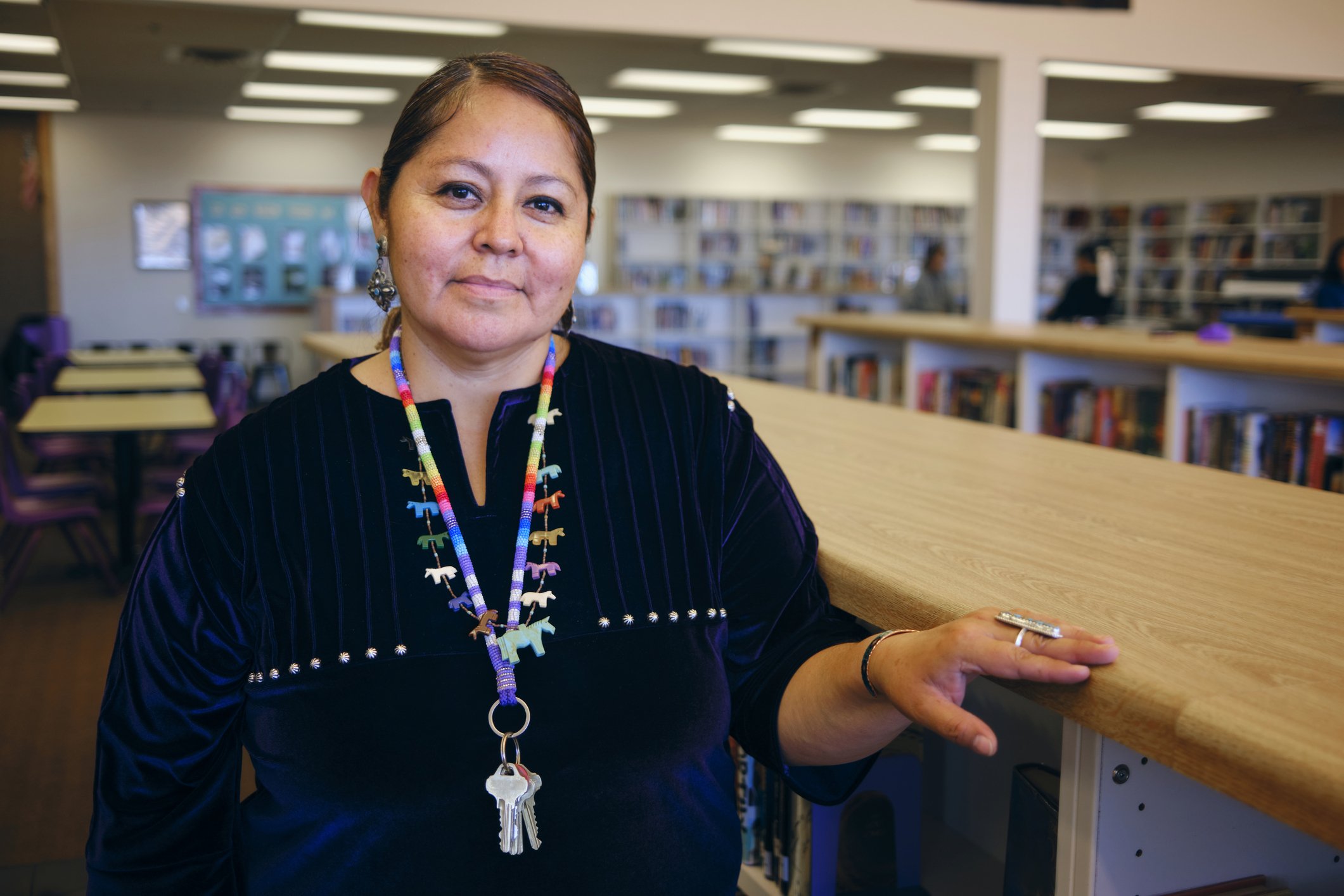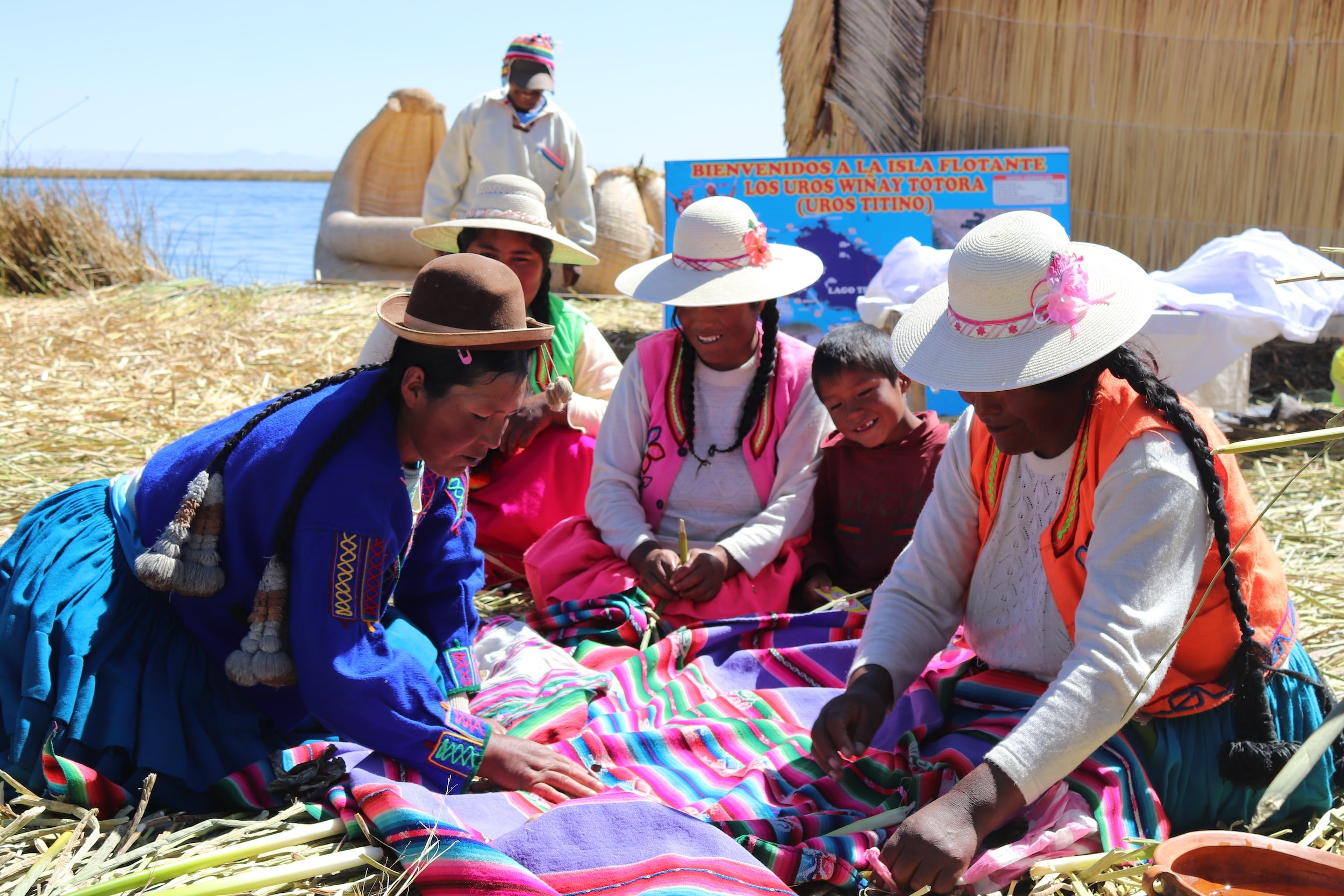(Re)Conceptualizing Definitions from the Inside: Underrepresented Groups in Overrepresented Research
By A. Stefanie Ruiz and Sharon M. Ravitch
In this piece, A. Stefanie Ruiz, a doctoral student at Penn’s School of Social Policy and Practice who studies the effects of immigrant volunteering on immigrant integration into host societies, reflects on focal considerations in research along the bias lines of overrepresentation of underrepresented groups in research with Dr. Sharon Ravitch. Dr. Ravitch is the March 2022 Mentor in Residence for SAGE Methodspace. She is a co-author of Qualitative Research: Bridging the Conceptual, Theoretical, and Methodological.
“I’ve been looking for a theory on Black teens’ relationships with volunteering––but it seems to be nonexistent. Research with standard definitions has gotten me nowhere. I did not think of asking Black teens for their own definitions––your approach with immigrant volunteers taught me otherwise.”
This statement was shared with Stefanie by a researcher who approached her after she presented her research on immigrant volunteering at the 2021 Association for Research on Nonprofit Organizations and Voluntary Action conference. As Ruiz reflects, “Conducting research with underrepresented groups, I’ve learned in my time as a doctoral student, requires the identification of the colonial roots of guiding definitions and concepts in research.” A major driver, and focal dimension of, challenging foundational logics that shape research is the decolonization of academic concepts and definitions. One example is the common yet under-scrutinized characterization of a topic or issue as ‘well-studied.’
When researchers engage in research with underrepresented groups, inquiring into and (re)conceptualizing central definitions of a study through eliciting and analyzing participants’ conceptualizations and how they organically language them. This inductive approach and enacted commitment to understanding study participant meaning-making achieved fidelity to participant experiences, honoring their authentic voices (the hallmark of qualitative validity) and supporting study reliability. Referred to as ‘emic’ or insider conceptualizations and languaging of experience, the terms emerge from study participants. Exploring these terms is a generative part of the inquiry, rather than imposing ‘etic’ or outsider/researcher concepts and terms (Maxwell, 2013; Ravitch & Carl, 2021).
What does being ‘well-studied’ mean?
Traditionally, an area of research is considered ‘well-studied’ when an adequate number of research studies have been conducted to fill knowledge gaps identified within that specific topic area and field. Given that the field of research—within and across disciplines—is saturated with approaches and standards based on Western, if not exclusively White-authored definitions and values, researchers must ask: Who decides what an ‘adequate number’ is since, upon scrutiny, this is largely arbitrary? We further question: What if relevancy can only be achieved by studying ‘old’ phenomena through ‘new’ lenses—specifically through the perspectives, languages, and meanings of underrepresented groups?
For research to be accurate and valid, researchers have to bring decolonized perspectives, theories, and methods to challenge academically codified knowledge and standards in ways that disrupt the hegemonic status quo and challenge elitist epistemologies and their sedimentation in Western research logics and methods (Zuberi & Bonilla-Silva, 2008). When researchers set out to study phenomena involving underrepresented groups, they have a methodological obligation to understand how this group—within and across intersectional identities—defines, makes meaning of, and languages the phenomenon/a.
What did you learn from this inquiry within your research?
Ruiz: As a budding scholar, I study volunteering among first-generation immigrants in the U.S., examining how their participation in volunteering contributes to their integration into the host society. To kickstart my qualitative studies, I conducted semi-structured interviews that asked participants to share their definitions of ‘volunteering.’ This emic approach, with its attention to insider concepts and how they are articulated in language, led to the consequential discovery that immigrants do not define volunteering according to traditional academic classifications which state that volunteering is “engaging in helping activities for causes or individuals in need without expecting personal benefits or rewards” (Wilson, 2012). Instead, immigrant volunteers shared that while volunteering was personally fulfilling, it was also a service provided in exchange for intangible goods, such as improved language skills, development of local networks, and social capital (Ruiz & Greenspan, 2019; Ruiz & Ravitch, 2022).
This process of (re)definition and subsequent reconceptualization of volunteering allowed me to fine-tune the study’s research design. Further, it removed misaligned theory from follow-up work. Allowing immigrant volunteers to offer and (re)define terms according to their own intersectional identities and lived experiences (e.g., citizenship status, race, gender, social class, fluency in language, level of educational attainment) has implications for volunteer managers, nonprofits and policymakers seeking to improve immigrant integration. The discovery of this cornerstone finding confirmed my suspicion that immigrant volunteering was not being studied through an ethnocentric lens, thereby leaving academia with unreliable findings that were virtually indistinguishable from research with nonimmigrant volunteers.
What are key considerations in conducting research with underrepresented groups in overrepresented fields of research?
When conducting research with underrepresented groups in overrepresented fields of research, researchers must consider the need to:
Create the conditions in which underrepresented individuals define the concept or phenomenon in focus. If you are unsure where to start (e.g., due to lack of existing theory or familiarity with research), conduct a pilot study (e.g., three interviews with members of the target population) to (re)define your studied phenomena.
Once a common (re)definition emerges across the population, adopt and maintain that language throughout your research process (e.g., in interview protocols and forms) as well as during your data analysis (e.g., using emic and etic codes).
Be willing to change your research design according to new definitions or conceptualizations of the phenomenon or core concepts/terms. For instance, does the (re)definition require that you change your participant selection plan?
Identify theories that support participant-centered concept (re)definition for your conceptual and theoretical frameworks. If possible, work with minority-authored theories and frameworks that challenge Western theories and approaches (e.g., intersectionality theory (Drs. Kimberlé Crenshaw, Jennifer Esposito and Venus Evans-Winters) and Indigenous Research Methodologies. (Dr. Bagele Chilisa).
Foreground dialogic engagement with interlocutors from a range of backgrounds and perspectives who will challenge your implicit biases, tacit theories, and the White Western logics that have conditioned you to view certain practices as ‘right’ and ‘good’ that are, in reality, dehumanizing and extractive extensions of White Western logics and methods (Ravitch & Carl, 2021).
Publishing articles on ‘well-studied’ topics can be challenging. Journals may not deem ‘old’ phenomena publishable, even if they are analyzed with (re)definitions by underrepresented populations. Consider disseminating your findings in shorter thought papers, open-source sites, or blogs, such as MethodSpace. After all––as our fellow researcher stated in the opening quote––urgently needed theory may be ‘nonexistent’. Your field needs you to go emic!
References
Ruiz, A. S., & Ravitch, S. M. (2022). How does engagement versus nonengagement in volunteering influence first-generation immigrants’ perceptions of integration into U.S. society? VOLUNTAS International Journal.
Ravitch, S. M., & Carl, N. M. (2021). (2 ed.). Qualitative research: Bridging the conceptual, theoretical, and methodological. Sage Publications.
Ruiz, A. S., & Greenspan, I. (2019). Relational Interactions Between Immigrant and Native-Born
Volunteers: Trust-Building and Integration or Suspicion and Conflict? VOLUNTAS: International Journal of Voluntary and Nonprofit Organizations, 30(5), 932–946.
Maxwell, N. (2013). Wisdom: Object of study or basic aim of inquiry? In The scientific study of personal wisdom (pp. 299-322). Springer, Dordrecht.
Wilson, J. (2012). Volunteerism research: A review essay. Nonprofit & Voluntary Sector Quarterly, 41(2), 176–212.
Zuberi, T., & Bonilla-Silva, E. (Eds.). (2008). White logic, White Methods: Racism and Methodology. Rowman & Littlefield.











Read this collection of multidisciplinary articles to explore epistemological questions in Indigenous research.